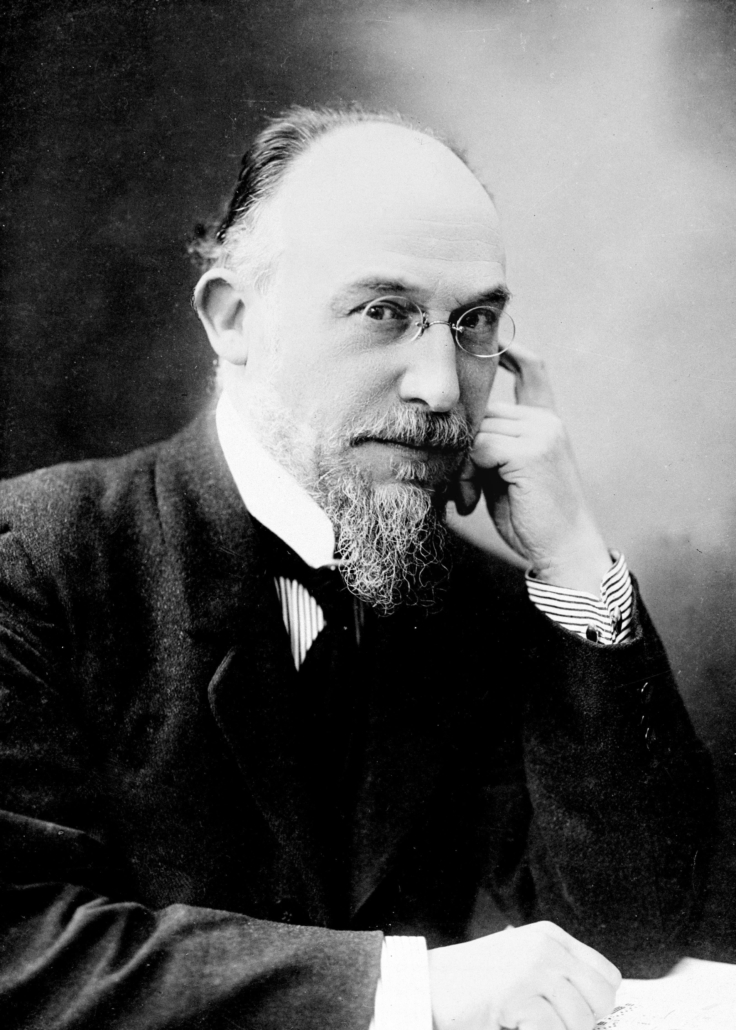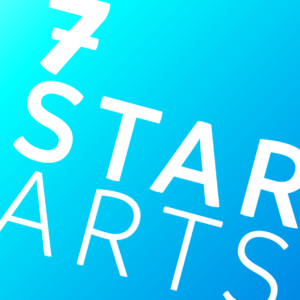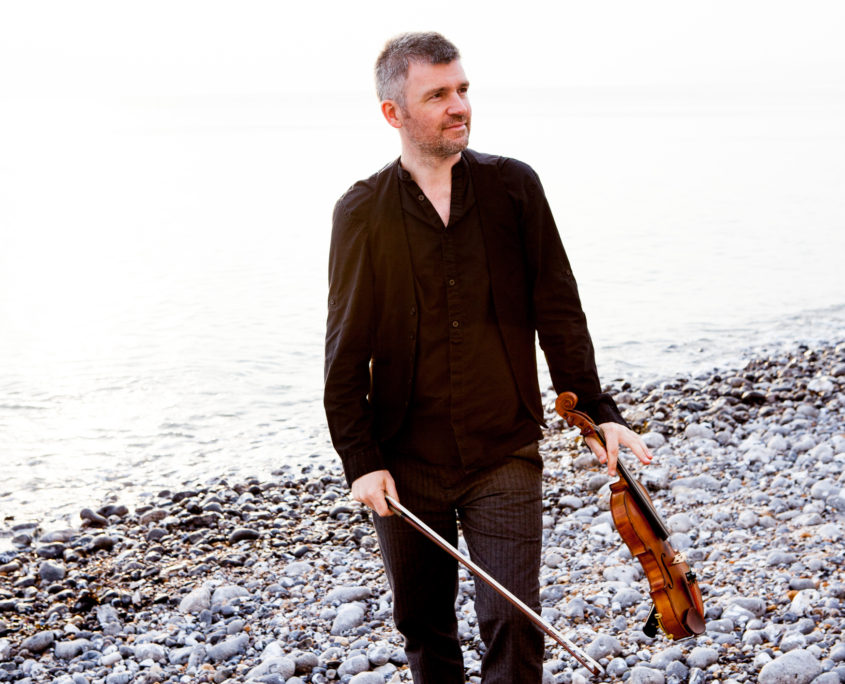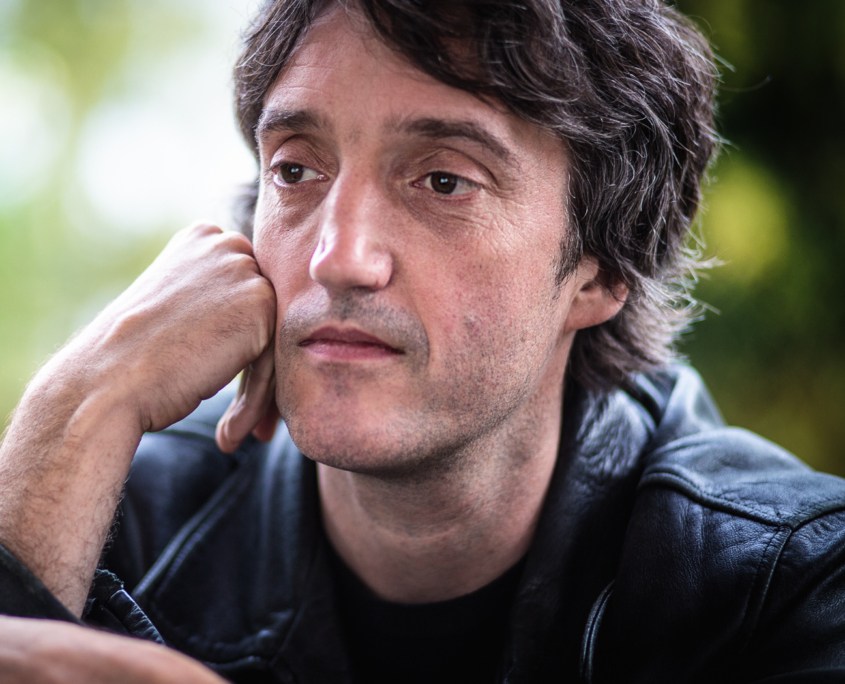Mei-Ting returns to The OSO in Barnes on 24 June, to wow audiences once again with a generous programme of music by Scriabin, Schumann, Hindemith & Brahms. He is joined in the second half by Michelle Chow.
Who or what inspired you to take up the piano and pursue a career in music?
I started piano when I was three, so the question wasn’t so much who inspired me to take it up but rather who started me on it, and the answer to that would be my parents. I always liked music – I remember marching on the bed when I was 2 or something to the march from Aida – so my parents thought it would be an interesting experiment to have a young child sit at the piano for hours. In terms of a career, it wasn’t anything other than music itself that inspired me. I decided at the age of 16 that I could not live without music in my life every day, and playing music made my happy.
Who or what have been the most important influences on your musical life and career?
There have been many, since different influences played important parts during different periods of my life. The most important influences during my formative years must have been my professor at the time, Dr. Edward Aldwell, who really taught me everything I know about how to study music among other things, and going to the Metropolitan Opera House in New York for 13-15 performances every year from when I was 14 to 18.
What have been the greatest challenges of your career so far?
The ups and downs of a career in music can be extremely challenging, mentally, physically, and financially. Finding a balance not to be too high or too down, and to focus on what I love to do without always having an end meant creating projects for myself, which turned out to be a major source of entertainment. One of the biggest challenges was to learn, perform, and record the complete works of Chopin published during his lifetime, and that is also the series of performances and recordings that I am most proud of.
Which particular works do you think you play best?
This is a most difficult question for me to answer! Of course I feel affinity towards certain composers and works, but I think one of the challenges for me is to get into the minds of every composer I want to play, and to truly – as much as I personally believe I can – understand the works I perform. When that happens, that work will be one that I feel I play best.
How do you make your repertoire choices from season to season?
This is a most easy question. I do that by thinking, what haven’t I played recently and what can make my life richer, more diverse, and more interesting?
Do you have a favourite concert venue to perform in and why?
I can’t say that I do. I like all kinds of venues, ranging from the biggest halls to the smallest salons, but I would perform different kinds of repertoire in each. Acoustically, my favorite is the Auditorio of Zaragoza.
Who are your favourite musicians?
There are too many, so I’ll just list a few of the dead pianists: Alfred Cortot, Walter Gieseking, Myra Hess, Artur Schnabel, Clara Haskil, Sergei Rachmaninoff, William Kapell.
What is your most memorable concert experience?
A recital in Lazienki Park in Warsaw. I ended the recital with the Heroic Polonaise of Chopin, and an older gentleman wobbled to the stage, and told me about how he used to be a soldier, took part in the Warsaw Uprising, and how they played a record of the Heroic Polonaise during the uprising. Then he said, “when you played the Polonaise, it reminded me of the Uprising,” with tears flowing down his cheeks.
As a musician, what is your definition of success?
To love music, to share music, and to share that love of music with as many people as possible.
What do you consider to be the most important ideas and concepts to impart to aspiring musicians?
Work hard, and enjoy working hard. If you can’t enjoy working hard, then there’s no point in working hard, and no point in working in music. That being said, one must also enjoy life and work hard at it.
What is your idea of perfect happiness?
My idea of perfect happiness would involve too many things that’s not under my control, such as world peace, so perhaps a smaller and more achievable definition would be in order here. A moment of perfect happiness: sitting in a quiet bar with good company, a glass of Bruichladdich 40 in hand, 45 minutes after a perfectly satisfying performance of something by Bach or Schumann.
Critically acclaimed pianist Mei-Ting has been heard in many of the world’s greatest concert halls performing an extensive repertoire that includes the complete works for solo piano of Brahms, Chopin, and Debussy, in addition to all 32 Sonatas of Beethoven.
After winning several major competitions, including the first Piano-e competition and the National Chopin Competition of the US, Mei-Ting’s career has taken him throughout most of the US, Latin America, Asia, and Europe, at venues such as Carnegie Hall and Lincoln Center in New York, Auditorio Nacional in Madrid, Tonhalle in Zurich, and Obecni Dum in Prague.
He has collaborated with many major orchestras, including the Orquestra Sinfônica do Estado de São Paulo, the Prague Philharmonia, Orquesta Nacional de España, the Warsaw Philharmonic, and the National Symphony of Mexico, working with eminent conductors including Stanisław Skrowaczewski, Antoni Wit, Jakub Hrůša, Michał Nesterowicz, Lü Jia, Antoni Ros-Marbà and Pablo González.
While performing the complete works of other composers, Mei-Ting transcribed and arranged several orchestral and operatic works, expanding the technical and tonal possibilities of the modern piano. This project, which encompasses selections from R. Strauss’s Rosenkavalier and Salome, Stravinsky’s Firebird Suite from 1919, and a brand new transcription of Ravel’s La valse, has already garnered rave reviews around the world.
Mei-Ting is a Yamaha artist. He is represented by Ibermusica in Spain, Portugal, and Latin America, and Caecilia Artist Management Agency in worldwide.

Mei-Ting










